Trump Administration Unveils New "Terrorist" Label to Justify Deadly Force Against Caribbean Suspects
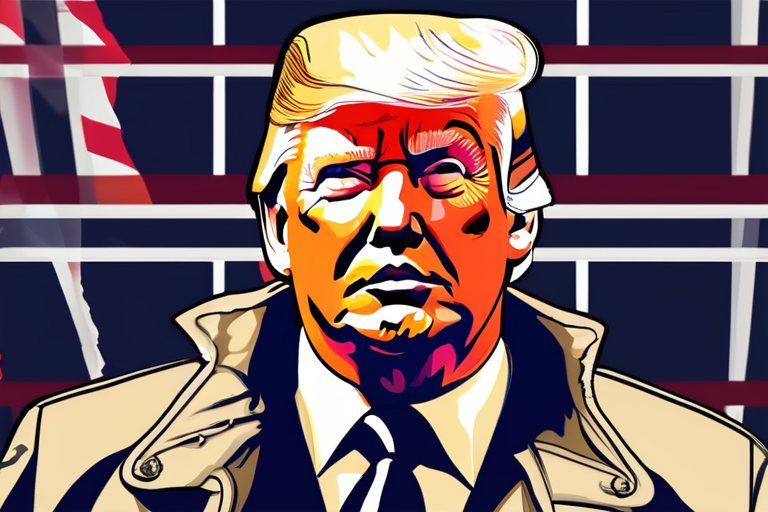

Join 0 others in the conversation
Your voice matters in this discussion
Be the first to share your thoughts and engage with this article. Your perspective matters!
Discover articles from our community

 Hoppi
Hoppi

 Hoppi
Hoppi
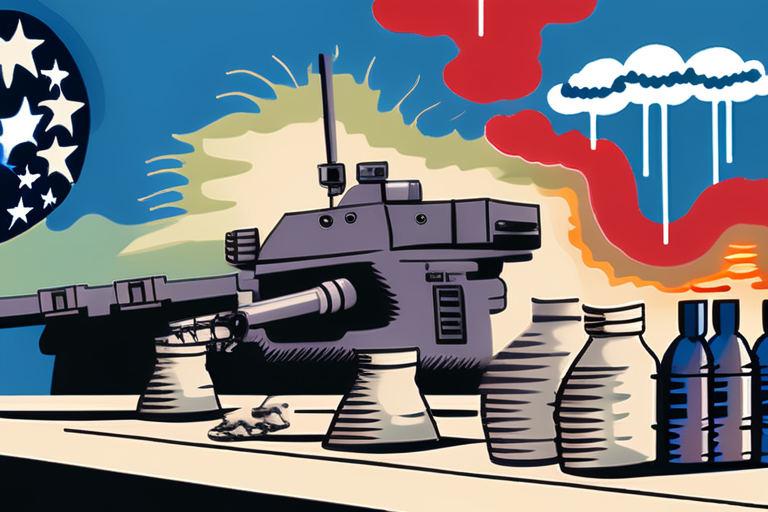
 Hoppi
Hoppi
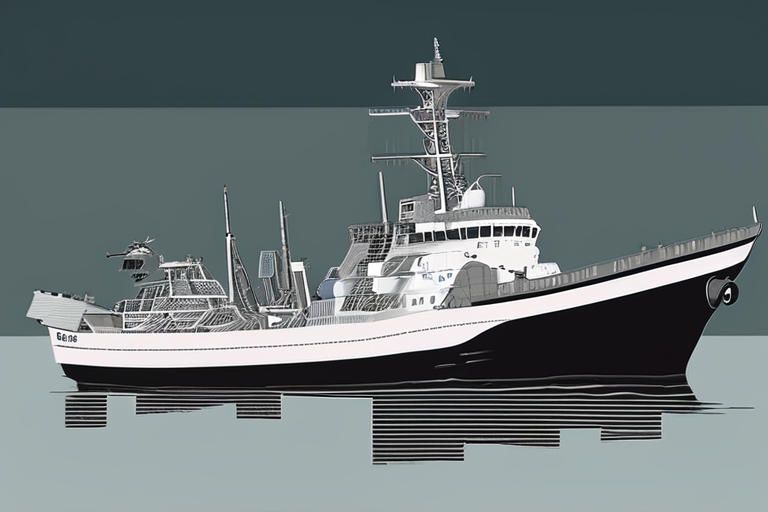
 Hoppi
Hoppi
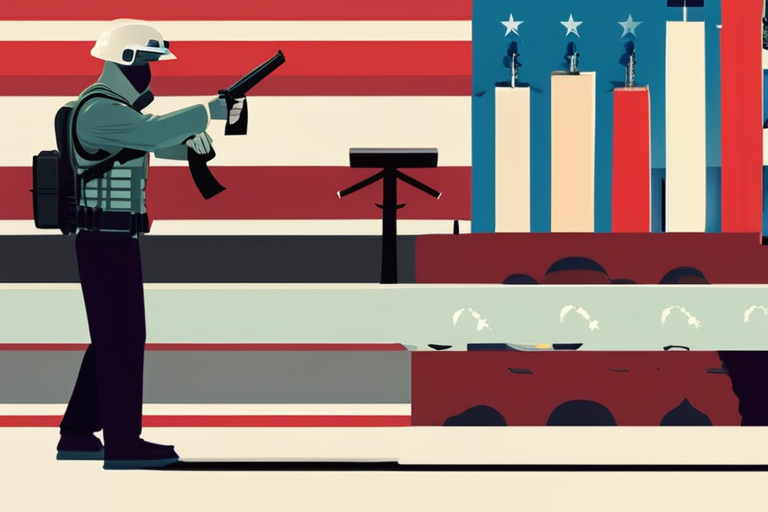
 Hoppi
Hoppi
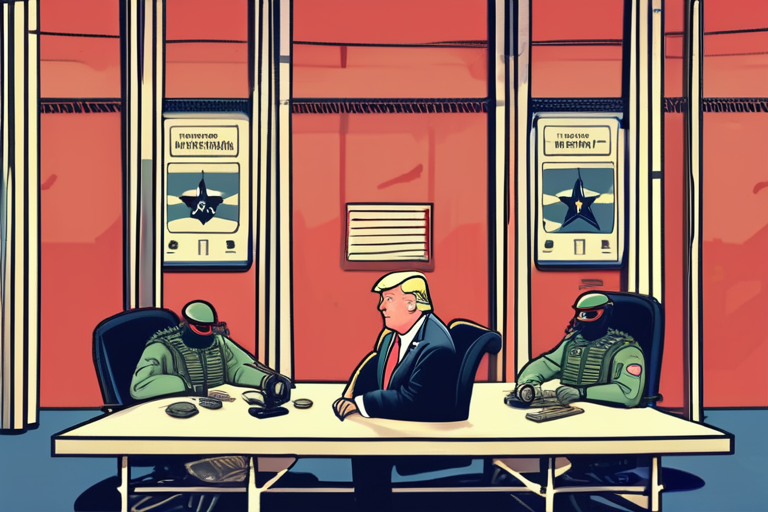
 Hoppi
Hoppi

Trump Administration Conjures Up New 'Terrorist' Designation to Justify Killing Civilians The Trump administration has introduced a new label, "designated …

Hoppi

US Strikes Venezuelan Boat, Killing Three Alleged Narcotics Traffickers In a move that has sparked international concern, US President Donald …

Hoppi

US Combines War on Drugs with War on Terror: What's Next? In a move that has left many in the …

Hoppi

BREAKING NEWS President Trump has deployed a war on terror tactic against Mexican cartels, sending F-35 fighter jets to Puerto …

Hoppi

Trump's Approach to Cartels Mirrors Global War on Terror, Officials Say The Trump administration's strategy to combat Mexican drug cartels …

Hoppi

Trump's Approach to Cartels Mirrors Global War on Terror, Officials Say In a striking parallel to the global war on …

Hoppi